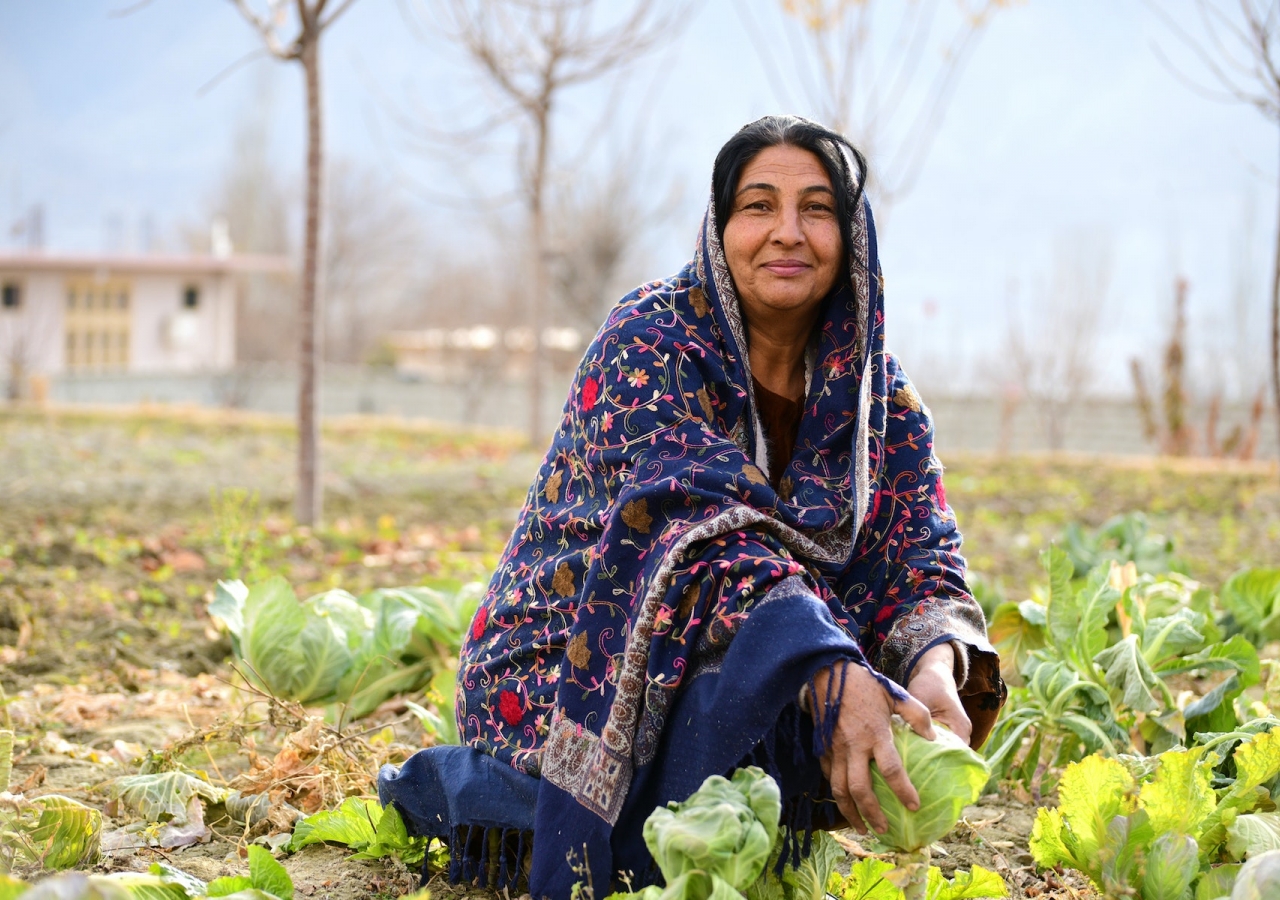The Fatimid Imams named their dynasty after Hazrat Fatima, the daughter of Prophet Muhammad and Hazrat Khadija, and wife of Hazrat Ali. She is renowned in Islamic history for her steadfast piety, humility, morality, and loyalty to the Prophet and Hazrat Ali. During the Fatimid era, both women and men could attend public lectures on religious learning at what is today Al-Azhar University. For Ismailis, the majalis al-hikma (sessions of wisdom) were held inside the Imam’s palace for women and men who had pledged their bay‘ah (allegiance) to the Imam-of-the-Time. This was a precursor to the emphasis laid on the education of women by Mawlana Hazar Imam and Mawlana Sultan Mahomed Shah.
Mawlana Sultan Mahomed Shah famously advised his Jamat that, if a choice had to be made due to financial constraints, the education of daughters should be prioritised over that of sons, in order to redress the balance which had previously shifted in favour of men.
The Imam had realised that women have a greater influence over future generations, and so for the long-term benefit of the community and wider society, women should insist on their right to obtain an education. With schooling, a woman could later support herself and her children if needed, without having to depend on her husband.
Yet, the Imam’s guidance went beyond practical considerations. In moral terms, a woman’s own happiness and welfare is reason enough, he said in 1918, for them to seek self-improvement and erudition. This guidance had the added benefit of encouraging equal partnership between women and men, based on mutual respect for one another’s intelligence and knowledge.
The Aga Khan Development Network (AKDN), founded by Mawlana Hazar Imam, has championed the role of women, and countless girls and women have gained access to education, healthcare, and opportunities for economic growth.
AKDN’s network of schools in the remote areas of Northern Pakistan is a prime example. Increasing access to education in the area became a priority when Mawlana Sultan Mahomed Shah directed funds from his Diamond Jubilee to build schools. Government-sponsored educational initiatives focused on boys, and so to address a gap, the Imamat focused on educating women. In fact, the network had a policy of maintaining a 65:35 ratio of girls to boys in its schools. The initiative has had a far-reaching impact. Hunza Valley in Gilgit Baltistan has a literacy rate of more than 90%, with many girls from the region going on to earn postgraduate degrees and building thriving careers.
The AKDN reaches over one million learners every year through its schools and educational centres, maintaining a gender balance while providing opportunities at every level from early childhood education to post-graduate degrees and continuing education. Education is made accessible in remote and underprivileged areas where opportunities are severely limited, especially for women and girls.
Another example of positive impact is the Aga Khan University School of Nursing and Midwifery, Pakistan (AKU-SONAM), located in Karachi. Founded in 1980, the school has played an instrumental role in bringing much-needed dignity and recognition to the nursing profession which was previously severely under-resourced. AKU-SONAM has helped hundreds of women gain financial independence, enjoy meaningful careers, and elevate the socio-economic status of their families.
AKDN has launched a series of initiatives at the grass-root level that help women to manage their finances and launch entrepreneurial ventures. In 2015, AKDN helped create a savings group in Ganj, a village in the Khatlon region of Tajikistan. The initiative has allowed women to obtain loans for a number of causes, such as starting small businesses and educating their children. A similar initiative was launched in Bihar, India where AKDN not only supported the creation of savings groups but also offered women literacy and numeracy training to help manage their finances. For women who spend most of their lives in their homes — a significant number of whom are from outside of the Jamat — these groups represented financial agency and a social support network.
The Aga Khan Agency for Microfinance (AKAM) offers financial empowerment, often in remote and difficult areas, through micro-loans, micro-savings accounts, and remittances. Its operations span from Afghanistan to Egypt to Burkina Faso and beyond. While finances are largely considered the domain of men in these regions, almost half of AKAM’s clients are women. Loans have allowed beneficiaries to purchase livestock, start small businesses, invest in home sanitation facilities and more.
Mawlana Hazar Imam has consistently prioritised the upliftment of women through education, quality healthcare, and economic empowerment. AKDN works in challenging places where peace and stability are not always present and infrastructure is often limited, to help ensure that all women have a chance to harness their potential, live with agency, and contribute to their communities.
Speaking at a conference in London in 2014, Mawlana Hazar Imam said: “Women’s participation in society is vital to ensure an improved quality of life. From education to health, participation in local governance to leadership in business, we have witnessed the potential for women and men to work alongside each other, while respecting the ethics of Islam, to build their communities.”








